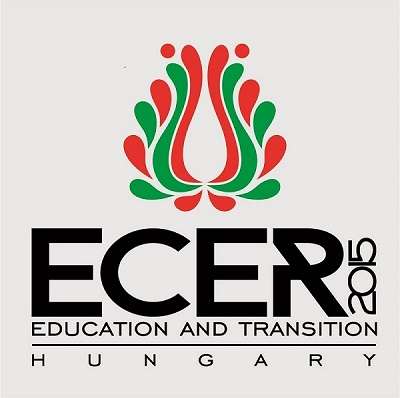Researching the theory and practice of teaching and learning in Europe: A workshop for emerging researchers
Dr Carol Taylor, Sheffield Hallam University, UK
Prof. Dr. Meinert A. Meyer, Hamburg University, Germany
This workshop is primarily aimed at doctoral students, emerging and early career researchers interested in the theory and practice of teaching and learning, although it is open to any delegate who would find it useful to attend.
Didactics, Learning and Teaching belongs to the larger and most diverse networks in EERA. It brings together the European tradition of subject and general didactics with the UK and USA traditions of teaching and learning. The network offers an open space so that members of these different traditions can engage in opportunities for constructive dialogue, collaborative research, and the strengthening of participation in the intellectual search for the common ground that unites as well as divides us.
The first part of the workshop is focused around short, informal presentations (15 minutes each) from each of the facilitators. Meinert Meyer will give a brief overview of the history of didactics in Europe, its origins with Comenius, paradigms for didactic research, and an explanation of the ‘didactic triangle’ which includes the triadic relation of teacher, student and subject matter. Meinert will draw on his many years experience of being a Convenor of the Network. Carol Taylor will explore the question ‘why no didactics in England?’ and look at the very different Anglophone traditions of teaching and learning in the UK and the USA. Carol will draw on her own interdisciplinary research on gender, power and space in classroom practices to consider how theory informs our interpretation of student-teacher interactions and curriculum practices.
The main part of the workshop (1 hour) will follow a discussion-based, interactive format in which key questions about how we research and build theory about pedagogy, didactics, curriculum, learning, teaching, knowledge and educational contexts will be opened up for collaborative discussion. Participants will be invited to actively contribute, to bring their own experiences and concerns to the debate, and there will be ample time for questions.
The final part of the workshop (30 minutes) will be dedicated to ‘collaborative conversations’ on specific topics concerning didactics, learning and teaching. This will enable participants – with the support of the convenors – to network with peers with similar interests, begin to develop collaborations for future ECER conferences, and develop ideas for individual or joint research plans. The workshop will end with some ‘top tips’ for emerging career researchers and doctoral students.
ECER 2015

